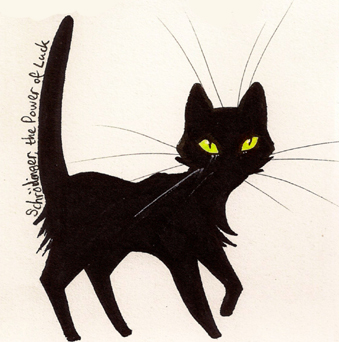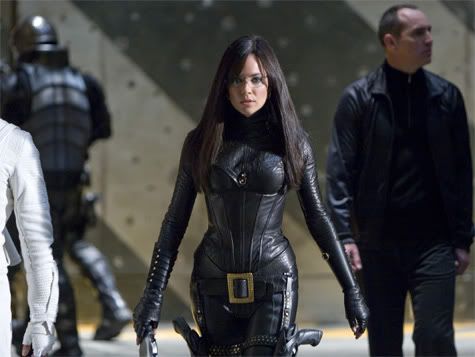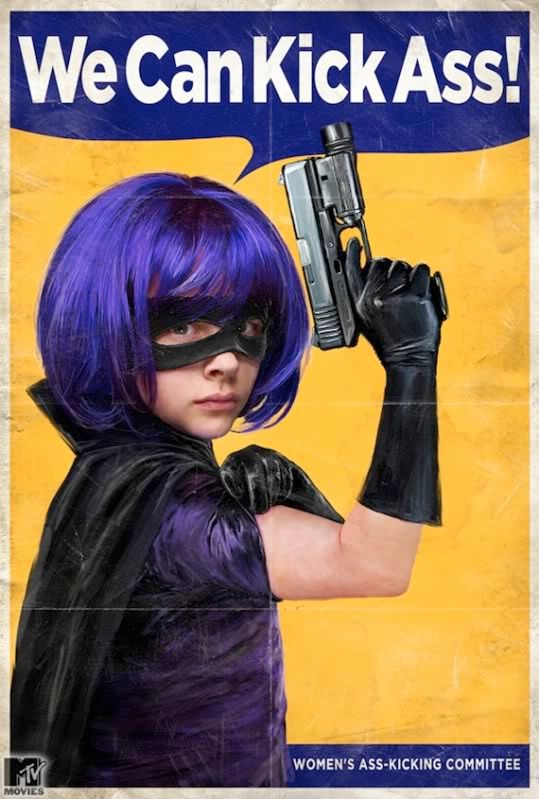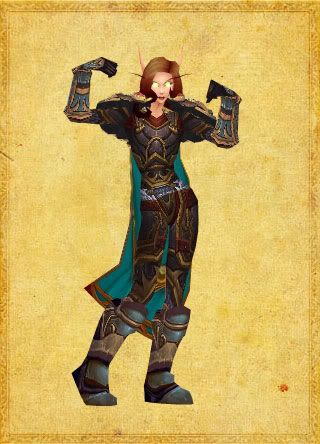
Art courtesy Lucian
Once again I’ve provided a provocative title to try and get your attention. Is it working? Is it?
Yesterday’s post on females in fiction has generated some feedback, but thoughts from one of my friends got me thinking. He said, “Why not disregard gender entirely? Why not just write characters?” This is something worth consideration. Tyrande, the Baroness, Hit-Girl… they’re characters no more or less valid than Brann Bronzebeard, Destro or Kick-Ass. They all have interesting angles, they all exemplify parts of ourselves and they call can be used and abused at the hands of different writers. There are differences in character much deeper and more nuanced than their disparate gonads. So why do gonads come into it at all?
Is there, in fact, no sex? Or more to the point, no genders?
Proceeding with Lucian‘s intriguing line of thought, consider the following. While this is not a direct quotation from the conversation we had, it’s still thinking outside of myself, hence it gets the blockquote treatment.
The purpose of gender existing is to help us construct schema for social situations. A schema is a semi-conscious pre-evaluation of a situation based on how things are “meant” to work. Driving’s a good example. Driving has a tight schema: we expect people to drive on a certain side of the road, stop at red lights, etc.
Gender works like that for social situations. You see a person, evaluate male/female, and pre-judge how they will act based on gender stereotypes. The problem is, stereotypes hardly ever really hold true,
and they are usually reinforced into place by social expectation. Not to mention, they are harmful and insulting to “both” genders.That is how gender works and why it exists.
And why it is very, very boring.
From the perspective of the writer, at least when it comes to fiction, the goal should be to write compelling characters, regardless of their gender. Now, this doesn’t mean that the newsboy on the corner should have as much depth or development as John Dillinger. But the characters we do spend time with should have some dimension to them, things for the audience to discover.
Say what you want about the stories in the Mass Effect universe, but many of the characters we encounter have depth and nuance divorced from their gender. Would Wrex be any less interesting if it turned out he was female? How about Tali’s fans – would they still exist in their large numbers (with me among them) if Tali was a male Quarian? I’d still want to hang with Tali if he were a guy, for the record. I’d also like to believe that Miranda would be just as smug and Jack just as caustic if they were men. Sure, their character models would undertake radical changes and Miranda probably wouldn’t be called Miranda, but that’s beside my point.
Under those layers with varying degrees of curvature and color that we call “bodies,” the characters we create that carry our stories should be interesting, thoughtful, compelling – human. “Human” means more than gender. It applies to our lives, and I think it should apply to our fiction as well.
How important is gender, when you get right down to it? When it comes to what’s really important about our characters – motivation, outlook, goals and fears – is there, in fact, no sex?








